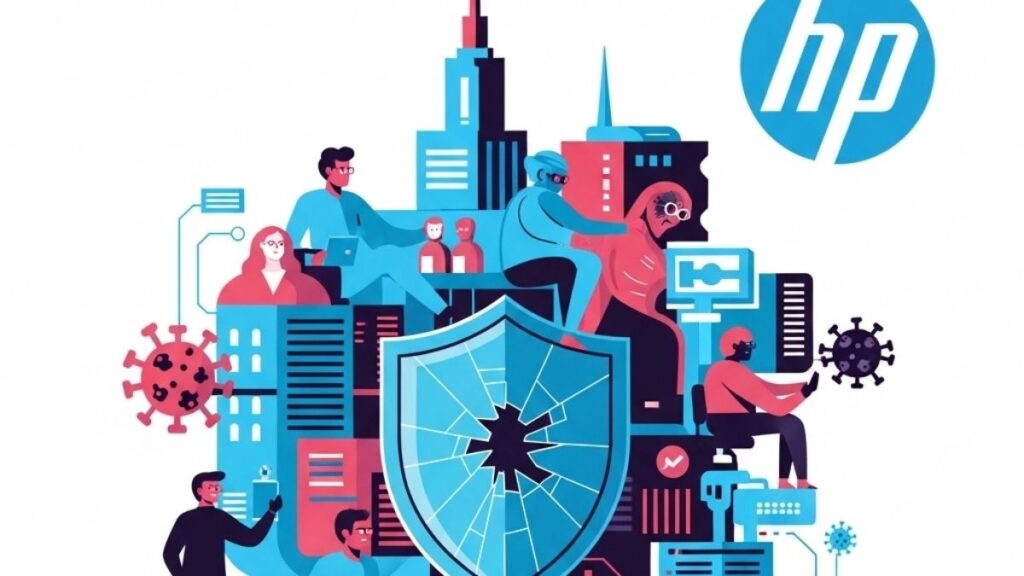It is ironic that no tech topic is as befuddling to people as the cloud, and yet in reality most of us use it in some form or another many times a day, via all the various apps and services we rely on through our connected devices. Essentially every digital service you use has some sort of cloud-based storage or processing capability—from email, to entertainment media, to social apps, to banking, to backups, and on and on. By any measure the cloud is truly revolutionary and is an essential component of our daily digital lives. Imagine it as the connective tissue that enables us to be untied to a physical device that would have traditionally housed our digital information.
Beyond the positives that the cloud brings to our everyday lives, it is also a valuable new business tool for data collecting companies that specialize in scooping up all that data floating around the cloud and then parsing it to discover hidden connections, eventually building accurate profiles of all of us. While in and of itself that’s not a bad thing, it does trigger potential privacy issues. Of greater concern however are the hordes of cybercriminals who are searching for that same data for their own purposes. That means it is up to us all to take precautions. Here’s where to start.
Don’t Over Share
Social media has all but trained us to believe that sharing is a blessing and the more the better. While there’s no harm in joining an online community, the notion that you should share everything online without repercussions is, in a word, nonsense.
As we’re often reminded, what’s stored on the Internet lasts forever, and so anything you’ve already posted online—to social media, photo sharing sites, blogs, forums—will persist for eternity in some form. But tomorrow is a new day, and so to prevent mishaps in the future you should adopt these following tips:
- Trust your instincts
If you’ve ever wondered why an online service requests extremely detailed personal information, then that’s a good sign that you probably shouldn’t be sharing it. For instance, my Fitbit has an option to share my exercise stats to my social media accounts. To me, revealing my health stats is unnecessary and a possible risk simply not worth taking. - Don’t make it personal
As a general rule, don’t post personal information such as your birthday, address, telephone number, or current location in photos, profiles or posts (those may be required to deliver a specific service, so you have to weigh your security versus the value it may offer). That may sound strict, but that’s precisely the sort of information that can be utilized by both data collecting companies and fraudsters who steal identities. - Be picky about backups
Take a look at your smartphone’s backup settings, and consider whether you really need to have all your selfies, text messages and other sensitive communications automatically sent up to the cloud. Instead it may be better to save those for your local hard drive at home. If you need a little convincing, do a Web search for “CelebrityGate.” - Read the fine print
In the best of all worlds, users would actually read the privacy policies that services and apps provide when they first register. Within is a section usually detailing what the company does with the data given them to store and how it will be shared. Take 30 seconds to conduct a Web search on the company and see if they have a history of complaints about breeches or issues with personal privacy.
Three Words: Passwords, Passwords, Passwords
Even though many have talked about the dangers of passwords, the risk is still there. Each year the top 10 most hacked passwords are virtually identical, revealing that people would rather risk identity theft than take a few minutes to come up with a memorable and secure password.
At a minimum: Give yourself at least four username/password combinations, and split them up by use: one for social sites, one for email, one for banking/ecommerce and another as a throwaway address for spam sites and forced sign-ins. That way, if one of these gets compromised your whole world isn’t instantly toppled like dominoes.
If you can’t or don’t want to remember all those logins, then there’s an even easier solution: get a password management tool, which is software that creates complex passwords for all your sites, and uses a variety of techniques to easily access those passwords to dramatically reduce the complexity of either remembering or using weak passwords.
Living in the Clouds
The cloud is an overwhelmingly positive resource that impacts virtually every part of our digital lives, enabling amazingly useful, powerful and convenient services that could only have been dreamt of not long ago. So to ensure your travel through the cloud remains smooth, take a few minutes and follow these reasonable precautions when you decide what to share.
- The Gamification of Cybercrime, and What it Means for Security - April 4, 2018
- Why You Need to Unplug On Your Next Vacation - August 17, 2016
- Cloudy Skies Ahead for the Oversharer - June 6, 2016



